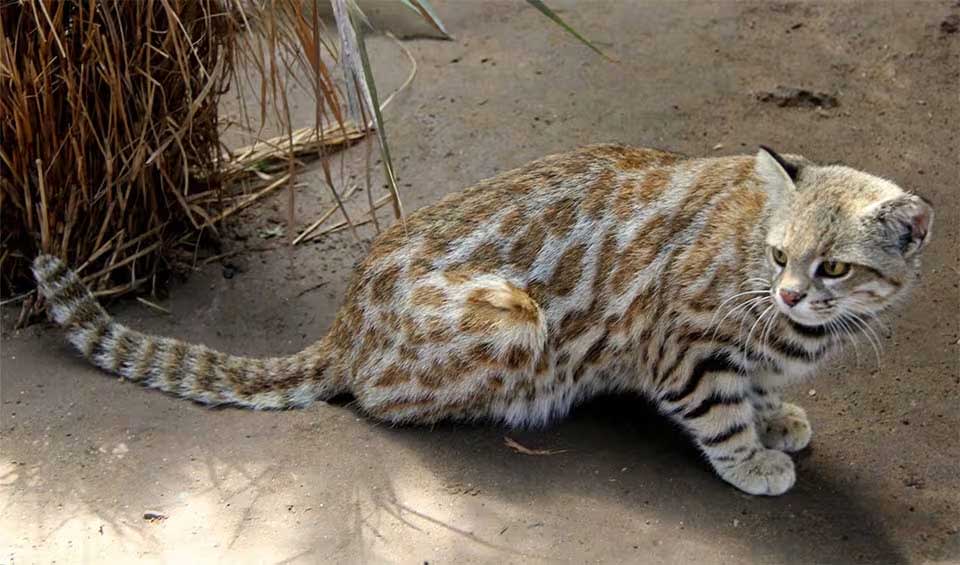The Pampas cat, a little-known yet fascinating wild feline, has mastered the art of survival across the diverse and challenging landscapes of the Andean highlands. This remarkable animal possesses a series of unique physical and behavioral traits that enable it to thrive in environments ranging from arid plains to dense forests, demonstrating a versatility unmatched by many other species.
Characterized by its stocky build, the Pampas cat is designed for endurance and strength. Its physique is complemented by distinctive facial markings that not only contribute to its striking appearance but also serve as camouflage, helping it blend into the surrounding environment. One of the most notable features of the Pampas cat is its thick, plush fur. This dense coat is not merely for show; it provides critical insulation against the extreme temperature fluctuations characteristic of its habitat, from the chilly nights of the Andean mountains to the searing heat of the day.
Beyond its physical adaptability, the Pampas cat showcases impressive behavioral flexibility, particularly in its hunting strategies. Unlike many felines that are strictly terrestrial hunters, the Pampas cat possesses the remarkable ability to climb trees. This skill not only offers it a refuge from potential threats but also opens up new avenues for hunting, allowing it to ambush prey from above or pursue arboreal animals.
The hunting prowess of the Pampas cat is a testament to its adaptability and resourcefulness. Whether navigating the rugged mountainous terrain of the Andes or stealthily moving through the tall pampas grasslands, this cat is a formidable predator. Its diet is as varied as its habitat, including a range of small mammals, birds, and even insects, which it captures with precision and skill.
Distribution
 Argentina
Argentina Bolivia
Bolivia Brazil
Brazil Chile
Chile Colombia
Colombia Ecuador
Ecuador Paraguay
Paraguay Peru
Peru Uruguay
UruguayAnything we've missed?
Help us improve this page by suggesting edits. Glory never dies!
Suggest an editGet to know me
Terrestrial / Aquatic
Altricial / Precocial
Polygamous / Monogamous
Dimorphic (size) / Monomorphic
Active: Diurnal / Nocturnal
Social behavior: Solitary / Pack / Herd
Diet: Carnivore / Herbivore / Omnivore / Piscivorous / Insectivore
Migratory: Yes / No
Domesticated: Yes / No
Dangerous: Yes / No




